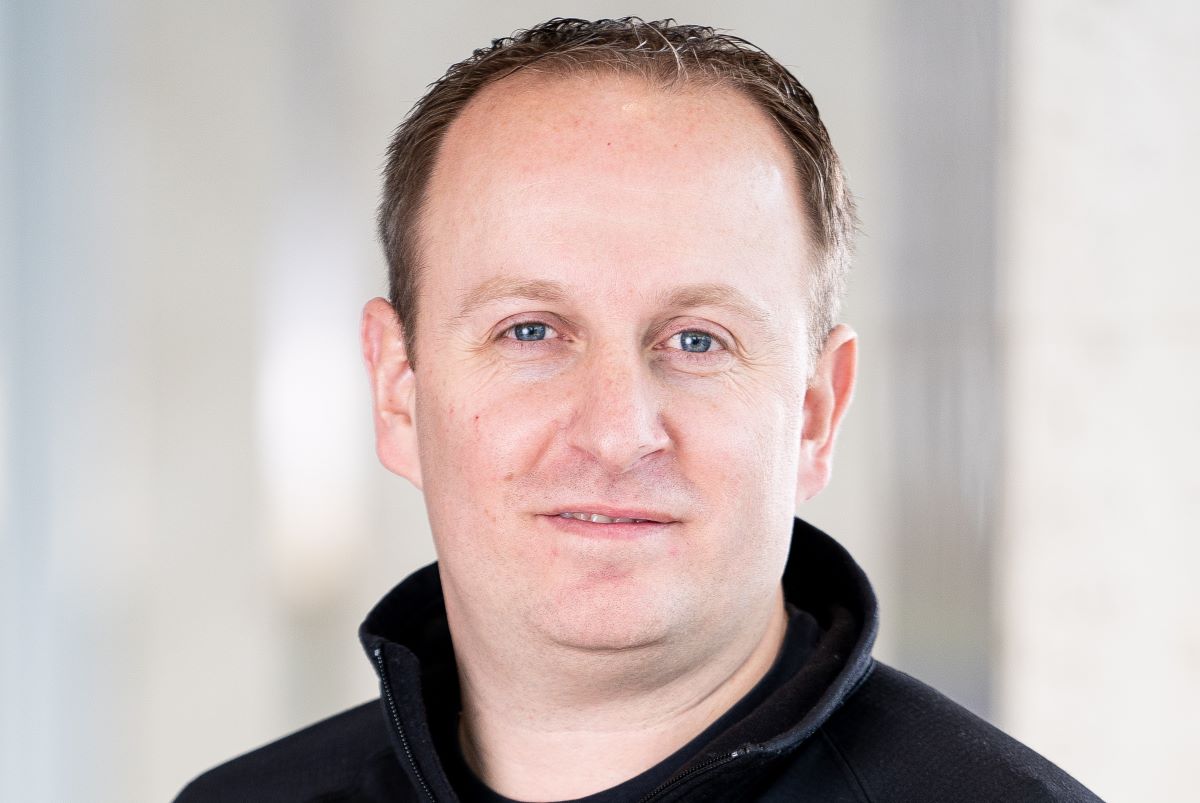
Allstate Strategic Ventures has launched two new investment funds, including a long-term strategic fund aimed at investing in technologies that will protect parent Allstate Insurance Company against future risks such as climate change.
The fund, which is in the final stages of creation, is aimed at investments where the team sees “an opportunity to future-proof Allstate,” says Tarik Galijasevic (pictured), head of Allstate Strategic Ventures.
“Some of this might include investing in novel technologies that can be big game changers, like quantum computing or companies that will future-proof against climate change,” he says.
Founded in 2015, Allstate Strategic Ventures is the corporate venture capital unit of one of the largest property casualty insurers in the US. The insurance industry is particularly vulnerable to long-term risks such as a changing climate, which will lead to larger property insurance losses.
Venture units of insurance companies are likely to play a leading role in acting as a catalyst for introducing technologies that will act as a buffer against climate-related and other catastrophe-related losses.
The second fund is financially driven and designed for investing in startups which the business units of the parent company are not ready to engage with but that the venture team believes can generate strong financial returns, says Galijasevic.
The new funds, the sizes of which were not disclosed, are in addition to the venture unit’s existing strategic fund that it has had for the past nine years. That fund will continue to invest in startups that have a near-term strategic horizon in areas ranging from deep tech to mobility, proptech, insurtech, and more recently climate tech.
Galijasevic says his team has navigated the downturn in the investment climate by being selective on deals and not investing in rounds where it didn’t like the terms. The team has also focused on entering commercial agreements with companies and being flexible on deal structure.
“We have actually had a lot of deals where the companies refused to take down rounds. That didn’t mean we put them aside. We focused more on the commercial side of these engagements,” says Galijasevic.
The venture unit has used structures such as warrants, which have helped it achieve a valuation or deal terms that were more aligned with its view, he says.

